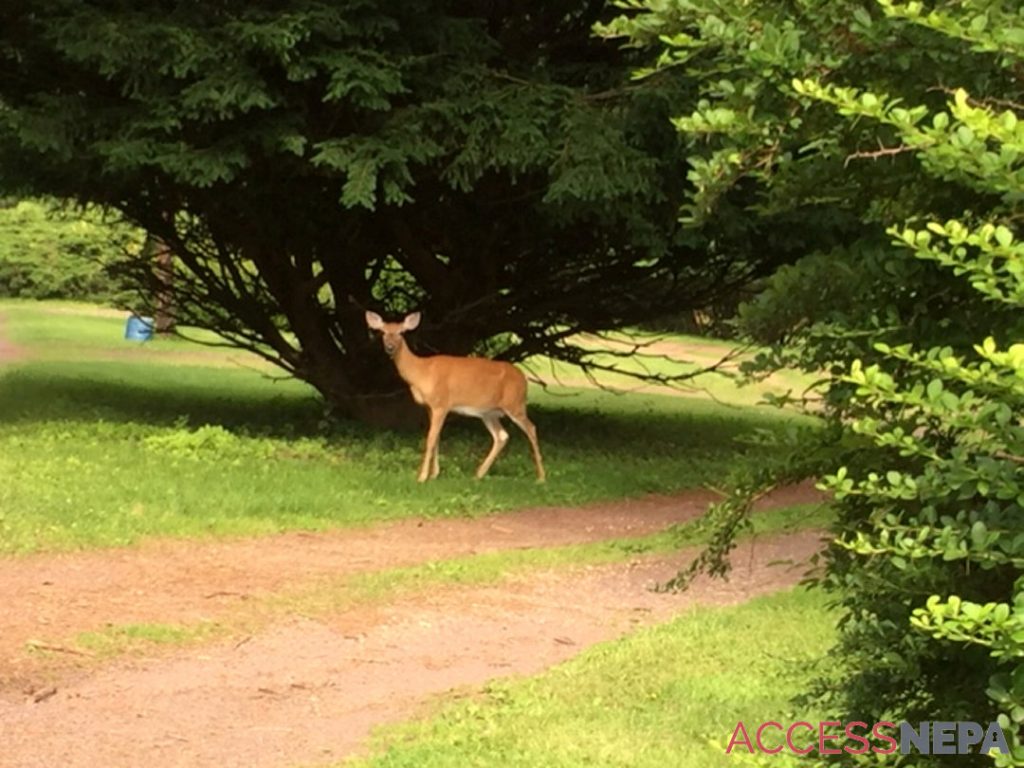Can you get tuberculosis from deer?
It happened to a hunter in Michigan, according to a report by the U.S. Centers for Disease Control and Prevention.
The CDC’s Morbidity and Mortality Weekly Report for Sept. 20 said the hunter was diagnosed in 2017. He had harvested and field dressed 20 deer over the years in a region of Michigan where deer carry a TB bacteria that can also live in cattle, bison and elk and spread to humans.
In Pennsylvania TB has never been found in wild deer so hunters have a greater chance of getting the disease from drinking unpasteurized milk, Dr. Erica Miller of Pennsylvania Wildlife Futures said.
The Michigan case and chronic wasting disease are reasons why experts remind hunters to wear gloves while dressing, skinning or processing deer.
“Afterwards,” Miller said in an email, “venison should be cooked to at least 165F, and hunters should report any unusual organs. TB usually presents as white to yellow nodules in various organs.”
Most humans who get tuberculosis are exposed to different strain from the bacteria that strikes deer.
Cases of TB did increase to 212 from 192 in Pennsylvania last year.
Nationwide, fewer new cases were observed last year than any year since reporting began in 1953, but worldwide TB remains among the 10 leading causes of death.
]

Even after three decades as a reporter at the Standard-Speaker, Kent Jackson still enjoys meeting people, learning more about the community and sharing stories with readers. He currently covers schools but has reported on local government, health, police and the environment. Regularly, he writes about outdoor sports, wildlife and conservation for the Wildlife page on Sundays. Contact: 570-455-3636; kjackson@standardspeaker.com




